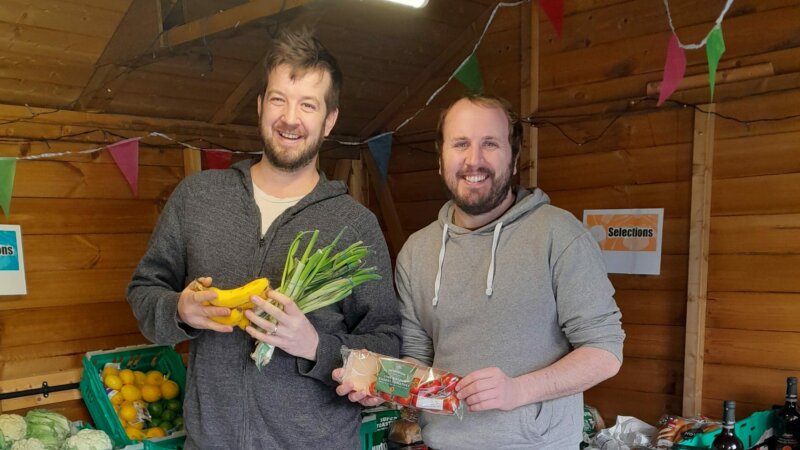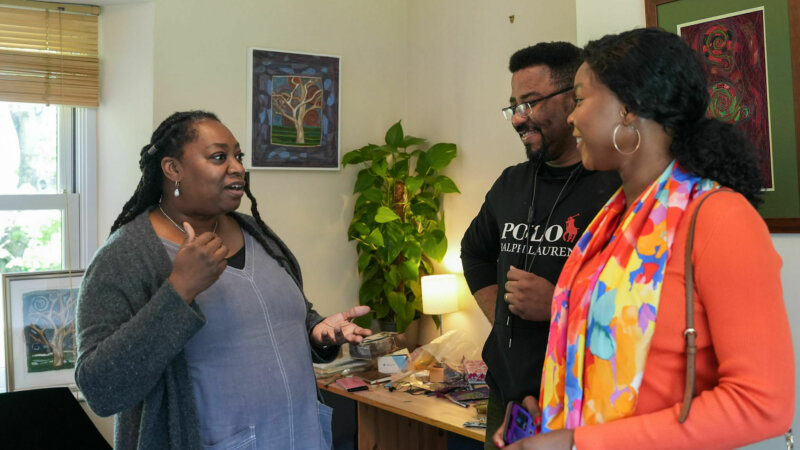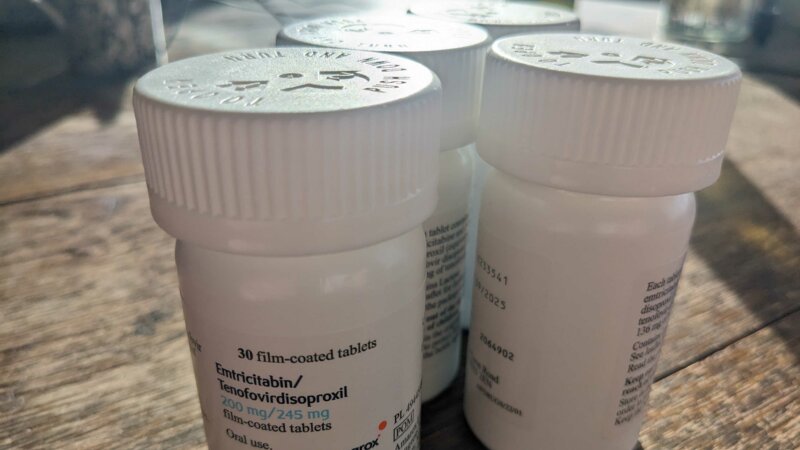Dark Dark Dark: Complexities and contradictions
The wordy, head-spinning sounds from the Southern Gothic current of American culture have always bred intriguing acts, like The Handsome Family and Drive-By Truckers, but it’s not a genre that is endemic to the Deep South of the United States, as its sensibilities strike a chord with the American way of life.
Minneapolis, not exactly the Deep South, is where Dark Dark Dark came together and started weaving exquisite Southern Gothic songs, each one a small chapter of a book. With the recent vinyl release of Flood Tide, an instrumental soundtrack to the film of the same name, we got in touch with the band to find out what makes them tick.
First of all, congratulations on the vinyl release of Flood Tide. Do you feel the format will stick around for a while or will it fold back like CDs have?
Vinyl has been around, and while in terms of sheer numbers, units moved etc, it has ebbs and flows, there have always been people who love vinyl. With Flood Tide, releasing a small run of vinyl seems like the most beautiful and intimate way to share the project.
Did you have any musical ideas or suggestions for the Flood Tide soundtrack beforehand or was it more of a ‘watch the scenes, play what you feel’ approach?
The process was fairly organic. We weren’t commissioned to score someone else’s film. We were all deeply involved in the project. Flood Tide was directed by a member of the band, we were all acting in the film, and we created the soundtrack together in response to the film, and our own memories and experiences of being on the river.
As far as the actual writing process, after there was a rough cut of the film, we would look at scenes together and talk about the feeling of the scene, visually and in terms of the film’s arc and rhythm. Then different band members would take a scene and develop a theme for it. Often that theme would get revisited later in the film. For example, Marshall would write a piece and then Jonathan might create a variation of that theme. During the recording sessions there was a lot of room for spontaneity and experimentation.
This is a really unique record. It’s an instrumental record, much more textural and ambient than most Dark Dark Dark material. The line-up featured on the soundtrack is one that never toured full- time, and this record is a document of the chemistry and sensibilities of that variation of the band.
Do you feel the main message of the film is that trash could be recycled more often instead of being put into landfills?
There are certainly threads about creative reuse and finding possibilities in places that are on the margins, but Flood Tide isn’t message-based. It’s a fictional treatment of an actual project that was beautiful, impossible, and full of complexities and contradictions.
It seems that in every country in the world right now, jobs are few and not always well paid. Was this an inspiration point for the inherent longing of Flood Tide?
Flood Tide grew out of several years of raft projects on the Mississippi and Hudson Rivers, and a key point of inspiration is the incredible community of collaborating artists, musicians and performers who made these projects happen. Also, during the journeys down the Hudson and the Mississippi, we saw so many similarities among formerly industrial towns that are now struggling to survive. That context is important to the film too. The impulse for the characters to build their own world is, in part, a direct response to a world that feels increasingly bereft of possibility.
Taking into account it was a long process, would you tackle another film score if given the opportunity?
Yes, we are working on other projects now!
Was there any particular influence for the feel of the music for Flood Tide?
Some of the music (‘Flood’, for example) was written at the beginning of the trip down the Hudson, and was directly inspired by that experience. We were excited to have an opportunity to make an instrumental record, because we’ve always been inspired by bands like Rachel’s and Dirty Three, and soundtracks like those from the movies Waking Life and Dead Man.
There’s always a heavy shade of regret and sadness in your lyrics, especially on Who Needs Who. Do you feel a certain amount of catharsis through music? If so, does it work for long periods or do you need to go back to music often to keep getting the bad stuff out?
Music is cathartic for everyone who makes it. We need to keep making it to feel okay. You can’t just make one record and be fixed. It goes for switching mediums as well. People who have to make stuff simply do.
I once went to the National Gallery listening mostly to Wild Go and it fit with Turner and Constable. Are there any particular painters you’ve felt have inspired the music of Dark Dark Dark?
We’re all involved in visual art and writing, and obsess over different artists. Check out our favourite painters Ty and Andie at amtk.org. In different times we’ve adored David Park or Bill Viola or Jenny Holzer. They all play with emotion and happiness and sadness in a circular way, the same way DDD does.
Who Needs Who finishes with ‘The Great Mistake’ and feels like an ending. Pairing this with the fantastic RONiiA project, is Dark Dark Dark on hiatus or will there be more music from you in the future?
Dark Dark Dark is on hiatus for an undetermined time. There are a few more hits we have to record, but we’re working on other things, and watching how the music world changes. In the meantime, RONiiA will tour in Europe, Anonymous Choir will keep singing, and the rest of us will keep up our projects.
brightbrightbright.com
roniia.com
anonymouschoir.com )







